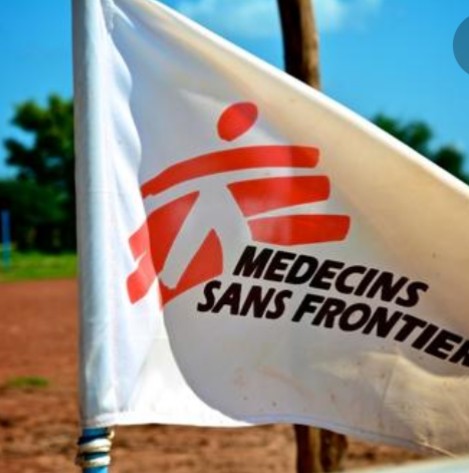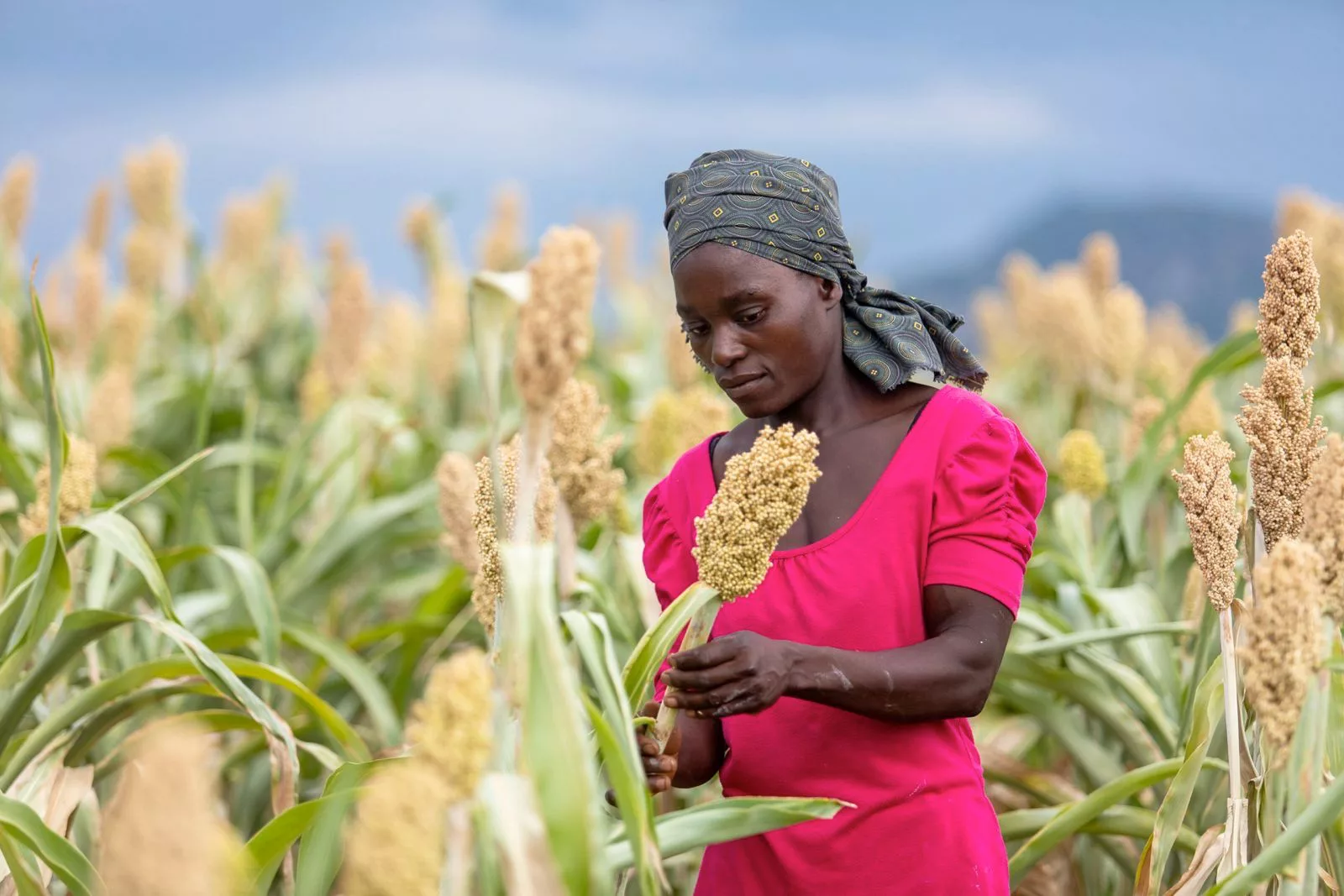The Strive and Tsitsi Masiyiwa Family Foundation and has availed $60 million towards the cholera response in Zimbabwe.
Cholera claimed more than 70 lives last year.
The commitment from the Econet founders comes on the back of an initial $10 million investment by Econet Wireless Zimbabwe at the onset of the cholera outbreak in Zimbabwe in September 2018.
In a statement yesterday, Econet said nearly half of the initial investment has been spent to date and the Masiyiwas are now committing to expand the investment by $60 million of their own funds, to be spent over the next five years.
“Since the 2018 cholera outbreak in Zimbabwe, the Government has led a massive effort to contain the spread of cholera. The swift response and decisive leadership of the Health Ministry and Child Care was a critical success factor,” said Econet.
Through the support of international partners, the 2018 outbreak was quickly contained compared to the 2008 outbreak which claimed 4 000 lives.
“Of the initial US$10 million investment, close to half has already been put to use to rehabilitate critical but dilapidated sewer infrastructure and to procure emergency supplies to manage the outbreak. An emergency project is already underway to build a large public health emergency operations centre. This will be used by the Ministry to monitor and respond to a range of disease outbreaks and public health security threats around the country,” read the statement.
The funds are intended to scale up efforts on a long-term roadmap to eliminate water-borne diseases, focusing on catalysing innovative solutions to the water and sanitation infrastructure problem.
“Rehabilitating water and sanitation infrastructure comprehensively will call for a heavy lift, requiring a few hundred million dollars. We are working to make the investment case with other partners, for them to join us in this challenge to make the basic right to clean water a reality for all Zimbabweans,” said Mrs Masiyiwa.
She said it was not acceptable that in 2019 people should still lose their lives to cholera which, if detected early, can be prevented, managed and treated.
In Zimbabwe, as in many other developing countries, cholera often manifests as a health crisis, but is an underlying indication of critical challenges in municipal service delivery and financing, maintenance and management of waste and sewer treatment facilities.






